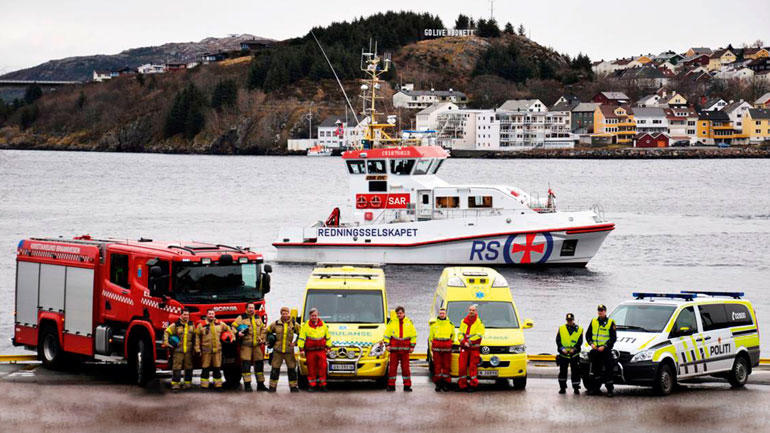How do we conduct research?
We combine basic research and user-driven research. As a result, all actors using the Center’s expertise will be ensured quality-assessed solutions at a high internationally recognised scientific level. This is essential when solutions are to be used in preparedness and emergency situations.
User-driven research is research that is conducted on the basis of specific practical challenges that an agency or company wants to resolve to enable them to become better at performing their duties. For example, there may be collaborative challenges. To address these problems, the Center can provide support with expertise, new technology, and new methods to communicate with the use of language, words and expressions. We also provide quality assurance and follow-up.
Basic research is carried out according to the latest scientific methods and models. The research is conducted by staff at the Centre, other faculties at USN, and in the national and international research networks that we are affiliated with. For example, it may involve the observation of emergency drills, and the collection of data from them. The data is analysed and new research findings are developed. Secondly, we transform these into practical principles and solutions that everyone can use.
What are we researching?
We can provide research in a wide range of USN disciplines:
- Innovation and entrepreneurship
- Organisation and management
- Technology
- Maritime security
- Health preparedness
- IT security
- Pedagogy
- Collaboration between emergency services and preparedness actors
- Pandemic response
Our core areas
What can we offer?
We work in an interdisciplinary manner. This means that many branches of science, emergency services and other relevant actors are joining forces to enter into situations that at first glance may look impossible to resolve. The Center can offer independent research-based knowledge at a high internationally recognised scientific level.
Order research?
Please contact us if you are interested in initiating collaborative research.
